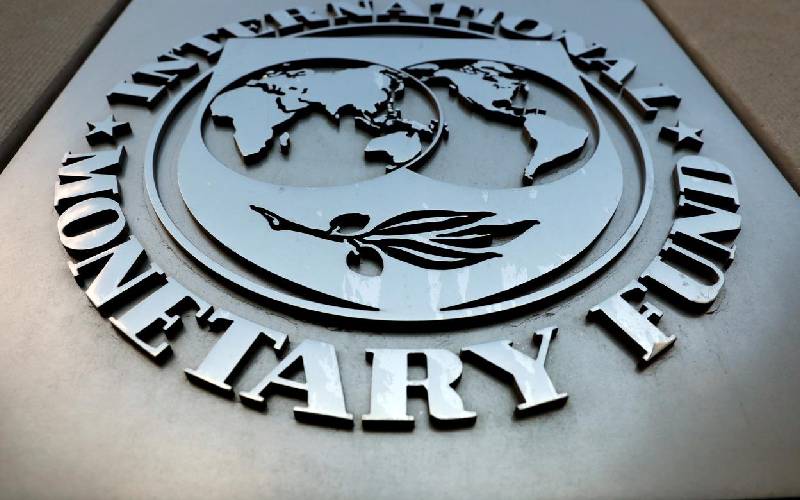×
The Standard e-Paper
Kenya’s Boldest Voice

Tanzania’s economy will be subdued if recent government policies and legislation continue, threatening to hit its growth, an International Monetary Fund (IMF) report said on Thursday.